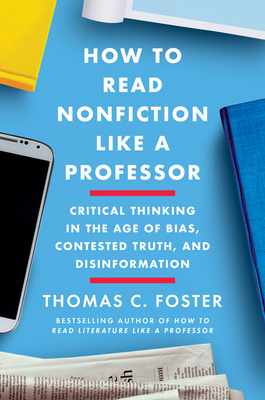What do you think?
Rate this book


336 pages, Paperback
First published May 26, 2020
"Fictional truth is entirely an internal matter. But a writer of nonfiction is not a novelist. Truth is not his to decide. Rather than merely assert, he must adduce evidence to convince us of the veracity of his claims. The evidence can be physical- anything from an email to a literal smoking gun- or reliable testimony."